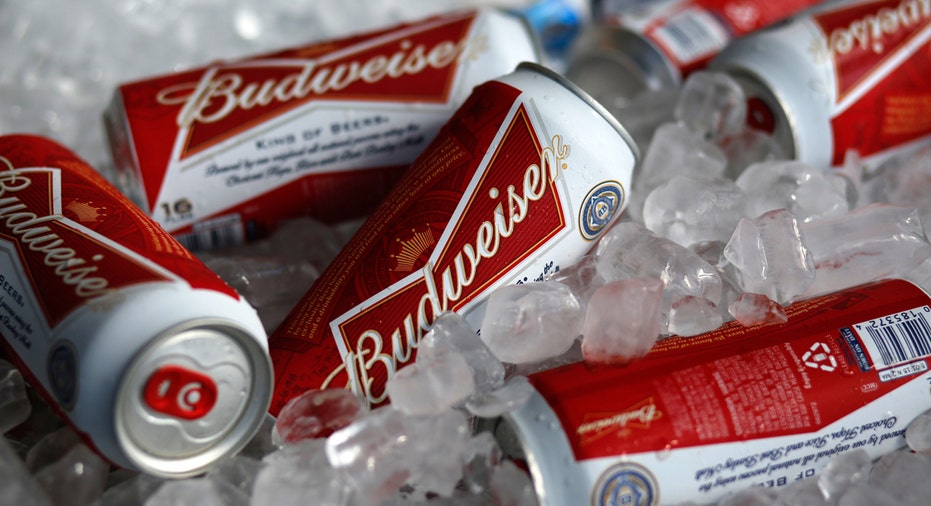Can AB InBev, SABMiller Squash Antitrust Hurdles?

Anheuser-Busch InBev (NYSE:BUD) and SABMiller, the two largest beer makers in the world, want to merge. The biggest question is whether regulators will let them.
On Tuesday, London-based SABMiller agreed to a proposed $104 billion takeover by industry leader AB InBev. The deal must still get the green light from regulators around the world who will determine if the merger would hurt competition.
Separate from the SABMiller agreement, U.S. regulators already are said to be investigating allegations that AB InBev-owned distributors have restricted the flow of craft beers. AB InBev recently confirmed that federal regulators are looking at pending acquisitions of two California distributors.
Regulatory scrutiny is expected to focus on the U.S. market, where both companies have sizable footprints. “AB InBev is as American as apple pie and baseball,” said Anthony Michael Sabino, a professor at St. John’s University.
AB InBev is the brewer behind popular brands like Stella Artois and Corona, in addition to Budweiser. SABMiller’s brand portfolio includes Miller Lite, Coors Lite and Blue Moon, all of which are owned by MillerCoors, a joint venture with Molson Coors Brewing Company (NYSE:TAP).
AB InBev has a 45% market share in the U.S., while SABMiller is responsible for 25% of American beer sales.
Meanwhile, in China, a joint venture between SABMiller and China Resources Enterprise controls 23% of the market. AB InBev has a 14% share by itself.
Despite the antitrust hurdles, AB InBev likely will have some flexibility to make the deal a reality.
“History has proven that antitrust concerns can always be addressed,” said Anthony Michael Sabino, a professor at St. John’s University. “Certainly, at worst, any antitrust implications would be a hiccup on the path to the deal being consummated.”
AB InBev could be asked to divest assets where there’s overlap with SABMiller. In 2013, AB InBev eventually gained approval for its $20.1 billion acquisition of Grupo Modelo under a plan that called for Constellation Brands (NYSE:STZ) to purchase the U.S. rights to Corona and other Modelo brands.
Some analysts believe the U.S. Justice Department, which forced the concessions for AB InBev’s Grupo Modelo deal, will look for the Belgian-based company to break up MillerCoors, which was established in 2008.
“Other still-independent brewers like Heineken and Carlsberg might be interested in picking up some brands and/or operations that the combined SAB Miller and AB InBev might be divesting,” Sabino added.
Under U.K. law, AB InBev and SABMiller can continue negotiations through Oct. 28. AB InBev must submit a final offer or walk away altogether by that deadline.
AB InBev has agreed to pay SABMiller a $3 billion breakup fee in the event regulators or AB InBev shareholders do not approve the merger. SABMiller said AB InBev made a “best efforts” commitment to obtain the go-ahead from relevant agencies.
The size of the reverse termination fee is a fairly strong signal that AB InBev has confidence in the deal’s prospects once regulators conduct their reviews. At $3 billion, the fee is just shy of SABMiller’s $3.3 billion net profit from its most recent fiscal year.



















